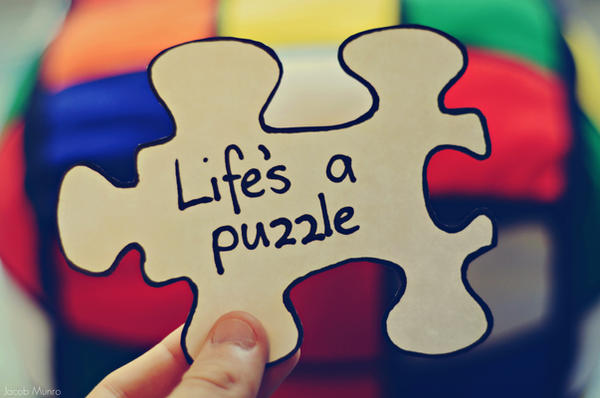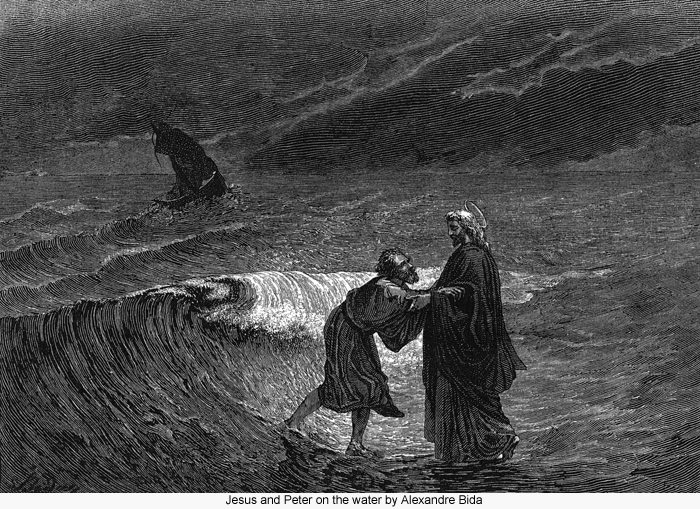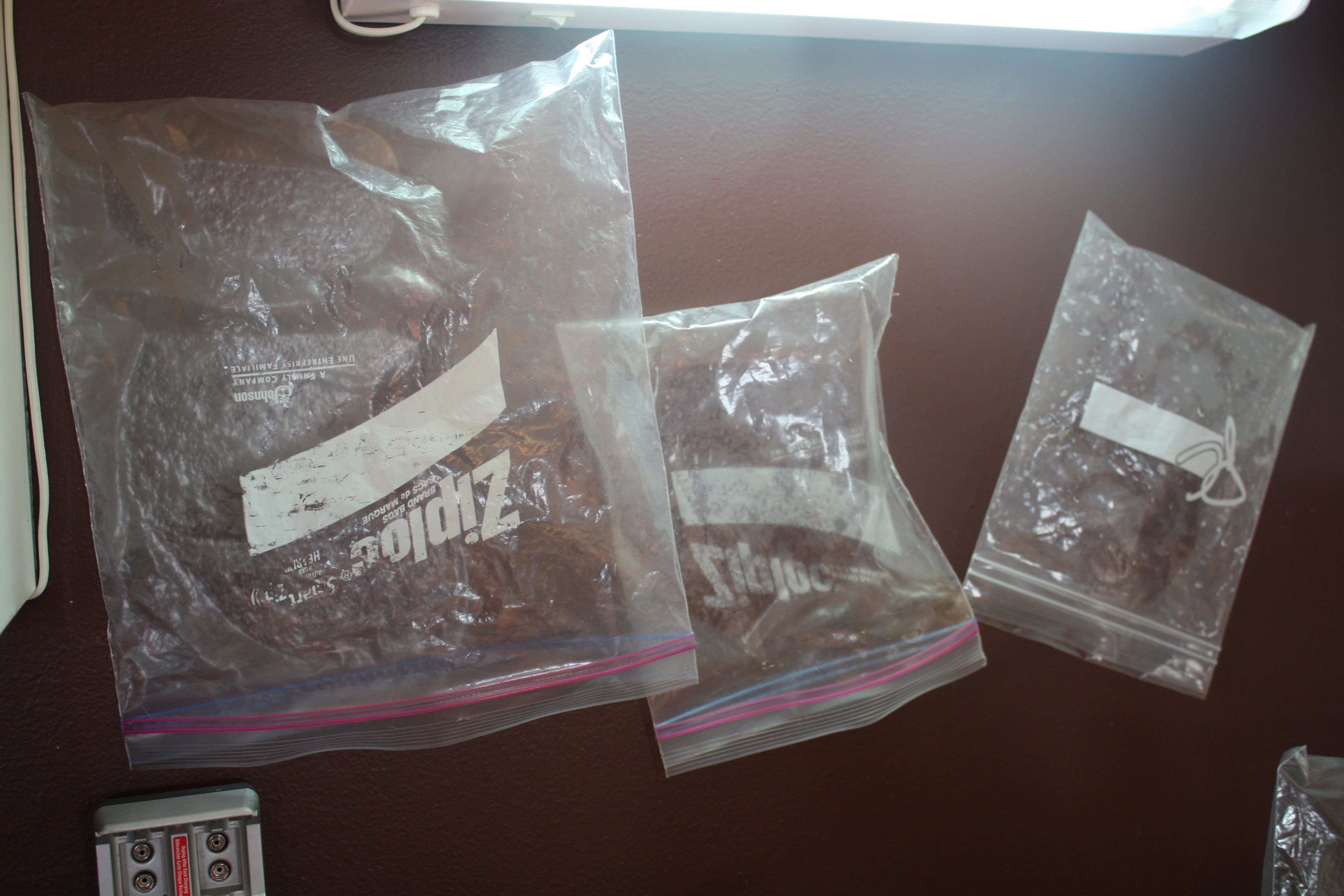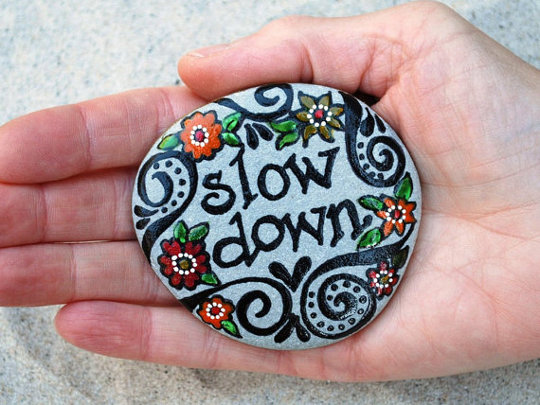I often find myself in situations such as the following. It is a Saturday and I had planned to use my day off to pray more of the Divine Office including the Midday Prayer. However, when midday comes along I feel strangely drawn to read a certain spiritual book instead. I feel fairly certain that this inclination is not a temptation away from prayer but it is a divine call. Afraid to use this valuable time unwisely, I try to 'discern' which activity is more efficacious. It seems to me that prayer is always more beneficial to the soul than spiritual reading. However, I realize that one cannot force prayer beyond what God gives, and to do so is wrong. Also, I feel that the Holy Spirit may be inspiring me to read the book for a specific purpose. I agonize over the decision for quite a while, until there is hardly any time left to pray or read. Finally, I decide on spiritual reading. After spending time reading this spiritual book I may or may not feel as though I have benefitted, and for quite some time I find myself questioning the decision. However, deep down I feel like it was the right thing to do.
Why waste so much time mulling over details in order to discern God's will when my heart feels as though it already knows what to do? Because I have a preconceived notion of what holiness looks like and how one obtains it. At this moment, reading instead of praying did not agree with my plan. This is a reliance on self rather than God. When my inclination does not agree with my expectation, I want to understand what God is asking me to do and know by my own reason that it is right. I don't want to risk making a mistake.
"What we really want to do is restrict His work so that it conforms to the rules and boundaries that our limited reason considers suitable."
--Jean-Pierre de Caussade, Abandonment to Divine Providence
St. Francis of Assisi never would have been accused of relying on his own reason instead of the Holy Spirit. God asked him to rebuild the Church and he started collecting stones. He felt called to the Holy Land and threw himself into the first ship he saw (which turned out to be the wrong ship and brought him right back to the port). He didn't know which path to take so he flipped a coin (actually a stick because he was so poor). God would work everything out. There was no time or reason for Francis to 'figure things out'.
However, upon mentioning this type of situation to certain people and sharing my opinion on the matter--"I should have just read the book!"--they often have a knee jerk reaction against such abandonment and encourage me to continue in my original attitude of 'discernment'. One does not want to become complacent and neglectful of one's prayer life!
And so the next time I'm in this sort of situation I'm thrown into inner turmoil. Say I have planned to make a Holy Hour one afternoon and then a friend asks me to go to a movie at the same time and I sense that it's very important that I meet her for that movie. However, it seems to me that spending an hour in front of the Eucharist is surely more spiritually beneficial than watching some secular movie so I scold myself for considering the latter option. However, I can't shake the feeling that for some reason it would be good for me to attend the movie. And so I fall into obsessive reasoning and no matter what is the final decision I will be plagued with feelings of doubt and guilt.
What I should have done in this case, upon feeling drawn to attend the movie, is take a very brief moment to place myself in the presence of God and confirm that I am not drawn to the movie for purely selfish reasons and that the movie will not lead me into temptation or sin (e.g. it's not profane or perverse) and then accept the inclination with a prayer of abandonment. "Lord, you alone know what is good for my soul and the souls of others. I believe that I am following the guidance of the Holy Spirit and I trust you to redirect me if I have gone astray." In this case I should even dare to trust that the Lord will supply me with all of the graces that I would have obtained during the planned Holy Hour.
When acting in this manner, with abandonment to the Providence of God, I'm free, no longer a slave to reason and self-reliance but leaving everything in the hands of God.
It would seem that many spiritual directors are used to directees who tend to rationalize their way out of spiritual activities or lack even the slightest bit of discernment. (Surely that's not true, but that's what it seems like.) Thus many people are encouraged to 'discern' everything in a way that unfortunately results in relying on one's reason more than the promptings of the Holy Spirit.
Jesus told Peter to walk on water and he did. He was impulsive and didn't think about how he would be able to do it. And he WAS doing it. But then he saw all of the waves and turbulence on the water and was afraid. He didn't understand how he could withstand them. He relied on himself rather than God, and it got him nowhere. When relying on our own reason we end up like Peter, simply treading water.
I know of many men between the ages of 20-50 who are engaged in vocational discernment, continually asking God whether they are called to the priesthood or marriage (or neither). It may be clear that God is not going to answer that question right now; however, they keep asking lest a man miss his vocation by neglecting to hound the Lord on the matter. Persistence in prayer is good, but surely, if we are listening, God knows exactly how loudly He needs to speak in order for us to hear Him. Jesus did not nag his Father to reveal to Him exactly when the Passion would begin. He waited patiently and recognized it when it came.
In other cases, it may be equally clear that God has already answered the question several times before. I know a man who has been discerning whether or not he is called to the priesthood for the last TWENTY years! He is fairly certain that the answer is no, but wants to be sure. Feeling mostly called to marriage, he continues to form relationships with wonderful women and yet eventually turns his back on them due to the vague feeling of uncertainty in the matter. He is still waiting for God to appear in a cloud and proclaim: THIS IS MY BELOVED SON, WHOM I CALL TO THE SACRAMENT OF MARRIAGE! Fear of commitment, perhaps?
This type of desperate discernment tends to result in hyper-analysis. We must do everything we can to avoid obsessive introspection. I know so many poor souls, myself included, who have fallen into trying to 'read the tea leaves', looking for signs and assurances that God is calling me in X direction. We scrutinize everything from external circumstances to the most fleeting thoughts. It certainly doesn't help that there are endless examples of God providing others with such signs and wonders. Signs are good as confirmation, but an obsession with signs is not true discernment. It is a Pagan attempt to learn one's fate, and is blatantly un-Christian. In the above video, Thomas Merton explains quite well the difference between the Pagan and Christian views. Lord, protect us from spending decades of our lives in Perpetual Discernment!
There is no peace in reading the tea leaves. We endlessly try to cram together pieces that do not belong to the same puzzle, picking up new pieces along the way, thinking that if only we can collect all of the pieces the puzzle will finally come together. And so I'd like to encourage everyone to STOP working on the puzzle. Throw away the puzzle! If we would just look up from the puzzle we would see the picture that is right there in front of us.
 |
| Um, no. No, it's not. |
Instead, we should place ourselves in the current of God's grace and allow ourselves to float. The Holy Spirit will move us in whatever direction we need to go. With good will, we prayerfully do our best to give way to the Holy Spirit in every given moment. We don't need to know where we are going. We don't need to figure out what shape God wants our lives to take and rigidly conform to it. We need to remain pliable at all times and allow God to shape us and reshape us into whatever we need to be.
Do you not see that you are gauging everything by the senses, and by reason, not by faith the only true standard; and that when you read the word of God in the sacred Scriptures with the eye of faith, you do wrong to make use only of your reason in reading the word in His marvelous operations.
The soul loves the divine action and finds it equally sanctifying under whatever shape it presents itself. It does not reason about the way it acts; it suffices for its approval that whatever comes is from this source.
--Jean-Pierre de Caussade, Abandonment to Divine Providence--












